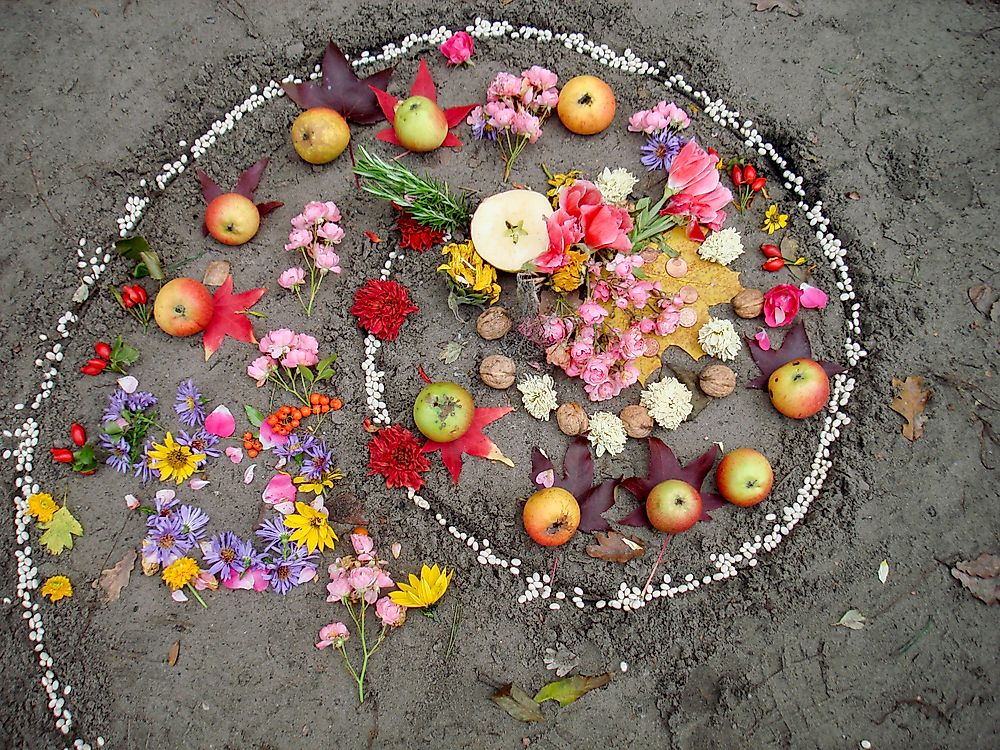What Is The Wicca Religious Movement?

Also known as Pagan Witchcraft, Wicca is a religious movement that practices modern paganism. The movement was introduced in England in 1954 by Gerald Gardner, a retired British civil servant. The theological structure and practices of Wicca draw heavily on ancient pagan beliefs, as well as more modern occult and paranormal beliefs. Although Wicca has no core figure, Doreen Valiente and Gerald Gardner are credited with outlining most of the beliefs and practices during the 1940s and 1950s, which are defined in books as well as secret texts that are accessible only to initiated members.
Religious Structure
Unlike other religious movements or sects, Wicca does not have a central authority. Instead, Wicca is divided into several lineages, denominations, and sects. Each of these divisions is known as a tradition, and each tradition has its own level of centralization and structure. For this reason, a unanimous agreement on the make-up of Wicca does not exist. For example, some traditions, such as British Traditional Wicca, strictly adhere to Gardner's writing and teachings. As a result, British Traditional Wicca does not consider newer eclectic traditions as Wicca.
Wicca Beliefs
The Wicca movement is diverse and includes theists, agnostics, and theists, which means that its theological views are also diverse. Despite this diversity, however, there is general agreement that the deities worshipped predate Christianity. Early followers of the movement believed in two deities, namely a Mother Goddess and a Horned God of fertility, and that these ancient deities were worshipped since Stone Age, and secretly continue to be worshipped up to the present day. The Mother Goddess is a female deity usually associated with fertility, motherhood, and nature, while the Horned God is considered the male part of the religion and is associated with nature, wilderness, and sexuality. However, other Wiccans have decided to follow other dual deities.
Another aspect of Wicca is the belief in an afterlife. Some Wiccans believe that humans have a soul that does not die, while others do not believe in the afterlife. In addition, there are variations in what constitutes the soul and how it should be defined. For example, the Feri Wicca believe that people have three souls, which is a belief similar to Hawaiian religion. However, there is general acceptance of reincarnation after death, since Gardner advocated for that belief. Nevertheless, there are conflicting views regarding how reincarnation occurs. Some groups believe it occurs in different life forms, while others believe it happens in different people.
Magic is also a common belief among Wiccans, which has been defined as the ability to cause something to change through force of will. For Wiccans, magic is nature, which has not been interpreted by science. Others believe magic is utilizing all five senses to make something unusual happen.
The diversity of the Wicca movement also ensures that there is no single code of morality among Wiccans. However, most followers adhere to a code called the Wiccan Rede, which gives freedom of action but advises caution and responsibility in one’s actions.











